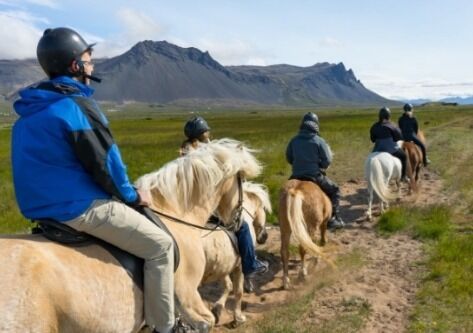Cultural Immersion Through Horseback Travel

Horseback travel offers a unique and immersive way to explore different cultures, combining adventure with deep cultural engagement. This form of travel allows you to connect with local traditions, landscapes, and communities in a way that conventional tourism often cannot match.
What is Cultural Immersion Through Horseback Travel?
Cultural immersion through horseback travel involves journeying on horseback through regions rich in cultural heritage. It emphasizes experiencing local customs, cuisine, languages, and lifestyles firsthand while traversing diverse terrains.
Benefits of Horseback Travel for Cultural Immersion
| Benefit | Description |
|---|---|
| Authentic Experience | Riding alongside locals provides genuine insights into their daily lives and traditions. |
| Slow Travel | The pace of horseback travel allows for deeper appreciation of surroundings and interactions. |
| Access to Remote Areas | Horses can reach places inaccessible by vehicles, opening doors to hidden cultural gems. |
| Physical and Mental Health | Engaging with nature and animals promotes well-being and mindfulness. |
How Horseback Travel Enhances Cultural Understanding
- Interaction with Locals: Many horseback tours are guided by local riders who share stories, folklore, and history.
- Participation in Traditions: Travelers often join in local festivals, meals, and crafts.
- Learning Local Skills: Horseback travel can include lessons in horsemanship unique to the region.
Planning Your Horseback Cultural Immersion Trip
- Choose the Destination: Research regions known for horseback tours and rich cultural heritage (e.g., Mongolia, Patagonia, Andalusia).
- Select a Reputable Tour Operator: Look for companies that emphasize cultural exchange and sustainable tourism.
- Prepare Physically and Mentally: Horseback travel can be demanding; ensure you are fit and open to new experiences.
- Pack Appropriately: Bring suitable clothing, gear, and cultural sensitivity.
Frequently Asked Questions (FAQ)
Q: Is horseback travel suitable for beginners?
A: Many tours cater to all skill levels, offering training and support.
Q: How do I respect local cultures during the trip?
A: Follow guides’ advice, learn basic local phrases, and be open to customs.
Q: What should I expect in terms of accommodation?
A: Options range from camping to staying in local guesthouses or ranches.
Q: Can horseback travel be eco-friendly?
A: Yes, it often has a low environmental impact compared to motorized travel.
Conclusion
Horseback travel is more than just a mode of transportation; it is a gateway to authentic cultural experiences. By moving at the horse’s pace, travelers gain a deeper connection to the land and its people, making every journey memorable and transformative.
Would you like me to help enhance the tone to be more persuasive, add more detailed destination examples, or include personal traveler stories to enrich the content?
